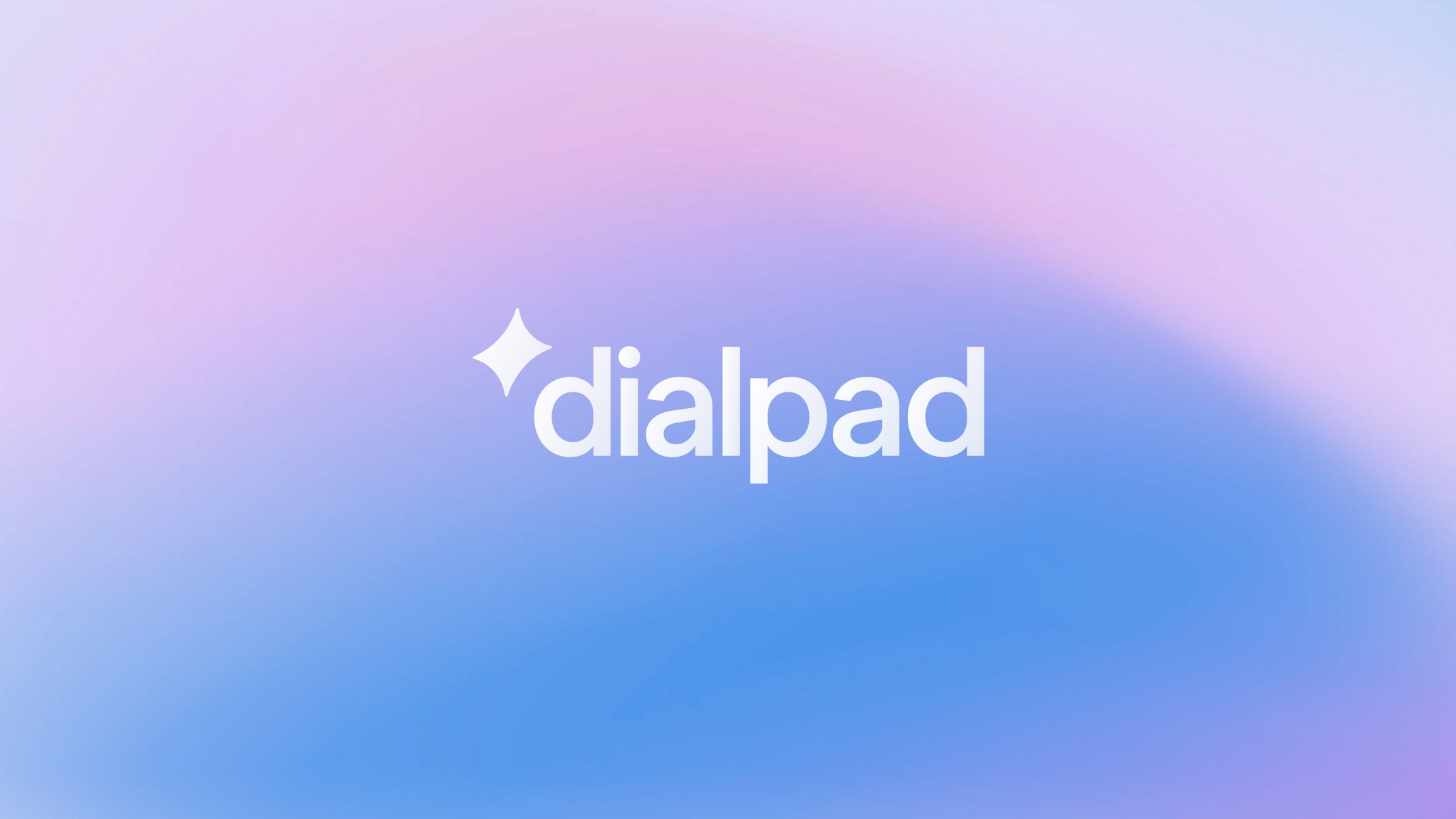





7Shifts and their data
Like any other data team at a startup, the data team at 7shifts is always busy with requests from other teams. This is because they work in what Will D’Souza, Manager of Analytics, calls “squads”. A squad is a group of people from various functions within 7shifts all working towards a common goal— for example, there are Rev Ops, Product Growth, Marketing, Scheduling, Tip Pooling & Payroll squads. All squads include a data analyst, who’s working hard to make sure that the data and insights needed for their pods is ready, accurate, and reliable.
The typical requests that the data team would receive included tracking, analytics, dashboard/visualization, and data around product usage. With the increasing number of squads and team members a part of them, a dependency on the small data team surfaced. This meant that instead of working on large, high impact projects, the data team was bogged down dealing with day-to-day data requests. It also meant that instead of being proactive about their data practices, they were being reactive, trying to stay on top of the requests they were receiving.
The problem
7shifts was founded in 2014, but the data organization itself didn’t begin to invest in scaling until recent years. When multiple people within the company would ask the same questions— “How is product usage being calculated?”, “What considerations does the chart include?”, Will and the data team knew it was time to consider looking for a data documentation solution. After all, as 7shifts grew, so would the number of these questions directed at the data team.
Finding the answers to these questions became more difficult as the company and data team both scaled. There was often a lot of “detective” work, where data analysts would have to back track to get a full understanding of the data. Will and his team tried their best to keep all of their knowledge around the data documented with a Google Doc. But, a lot of it was scrappy, and there was a never ending list of day-to-day tasks that would come before updating this doc. It was easy for data documentation to take a back seat.
With the growing data team and growing volume of data, it was obvious to 7shifts that they needed to start investing time and money into building out their data infrastructures and processes. Given that 7shifts as a company saw so much growth over the last few years, the need for a proper knowledge repository about data was becoming more and more urgent.
The solution
Enter Secoda. The 7shifts team was looking for a solution to making data documentation straight forward, knowledge transfer seamless, and a single source of truth when it came to their data and analytics.
Using Secoda’s Data Dictionary to formalize metrics
- Easy documentation: the markdown, “Notion style” documents are ideal for technical members of the data team because they can both write technical documentation in the style that is native to them, and also have a medium for writing it in layman's terms for the non-technical team members.
- Metric Standardization: 7shifts has hundreds of metrics that they’re using to learn from their data- metrics on dashboards, metrics people have manually created- and the Secoda’s data dictionary has helped with managing the definition of these, acting as the central source of truth across the company.
Collections: Making Onboarding easy
- Onboarding new members made easy: Since everything is documented in Secoda and there’s a single source of truth, the 7shifts team is able to create an organized way for everyone on the team to navigate their subject matter of choice.
- Technical onboarding standardized: Transferring knowledge to new data analysts joining the team is always a big feat— tackling this is now easier and centralized. The most useful feature for the 7shifts data team for onboarding is the ability to add descriptions on virtually every bit of your data and data analysis.
Why Secoda?
Will and the 7shifts team evaluated a number of different platforms while also considering building their own data solution. Ultimately, they became Secoda’s first paying customer for a few reasons:
- The price was favourable and suited their needs. Competitors and similar platforms were listing their services for more than 100x the cost of Secoda. The price was so high that the 7shifts data team considered building and maintaining their own solution.
- Will felt that the Secoda team was driven to solve a real problem for business users. Secoda has a consistent commitment to solving data knowledge management issues and do so at velocity that was compatible with the 7shifts team’s workflow. This made a managed option, as opposed to one built in-house, more appealing.
The results
The 7shifts team saw massive improvements across the board when it came to data documentation, discovery, and collaboration. New team members are now onboarded in record fast times because they have reference documents and the ability to “poke around” and explore the data– both because they no longer have to fear breaking something, and because they no longer have to tap someone on the shoulder to explain terms and definitions to them.
- Seamless data exploration across the organization: using the Collections and Data Dictionary feature, members of the 7shifts team are now free to access the relevant databases to their job function and use data to answer ambiguous business questions. This has increased the capacity of the data team by 5-10 hours a week per analyst, empowering them to work on bigger projects.
- Reliable and transparent data analytics: as a result of clear and collaborative documentation, data analysts and stakeholders from various functions can interact with and understand the data knowing that they’re all aligned on what the data means and why it’s set up the way that it is. Each collection, document, and dictionary term has an owner, so everyone knows who to turn to if they have any questions. This has increased access to data within the 7shifts team by 2x.
- Standardized, efficient onboarding: training both new data team members and members across the 7shifts team has become easier. The data team can trust that everyone is receiving the right information consistently. And, because new team members can find answers to questions they have on the data, they’re free to explore the data and insights themselves without having to ask questions and wait around for the response. This has cut down training time by at least 7 days for new members.

Who is Secoda ideal for?
For Will, Secoda is an obvious solution for companies that are scaling quickly with an agile, lean mentality. It’s especially important if there are multiple members on the data team managing data requests for stakeholders and external departments. If you or your team is finding that the quality of data information is no longer fully reliable, it’s probably time to give Secoda a try.
This is because the tool itself is easy and intuitive to use for technical and non-technical team members, and acts as a single source of truth when it comes to data and data governance. And, after making sure that documentation and processes are sound, Secoda empowers data teams to become proactive. Data teams are able to understand how their team and external stakeholders are interacting with the data and what dashboards or metrics they’re relying heavily on.
































